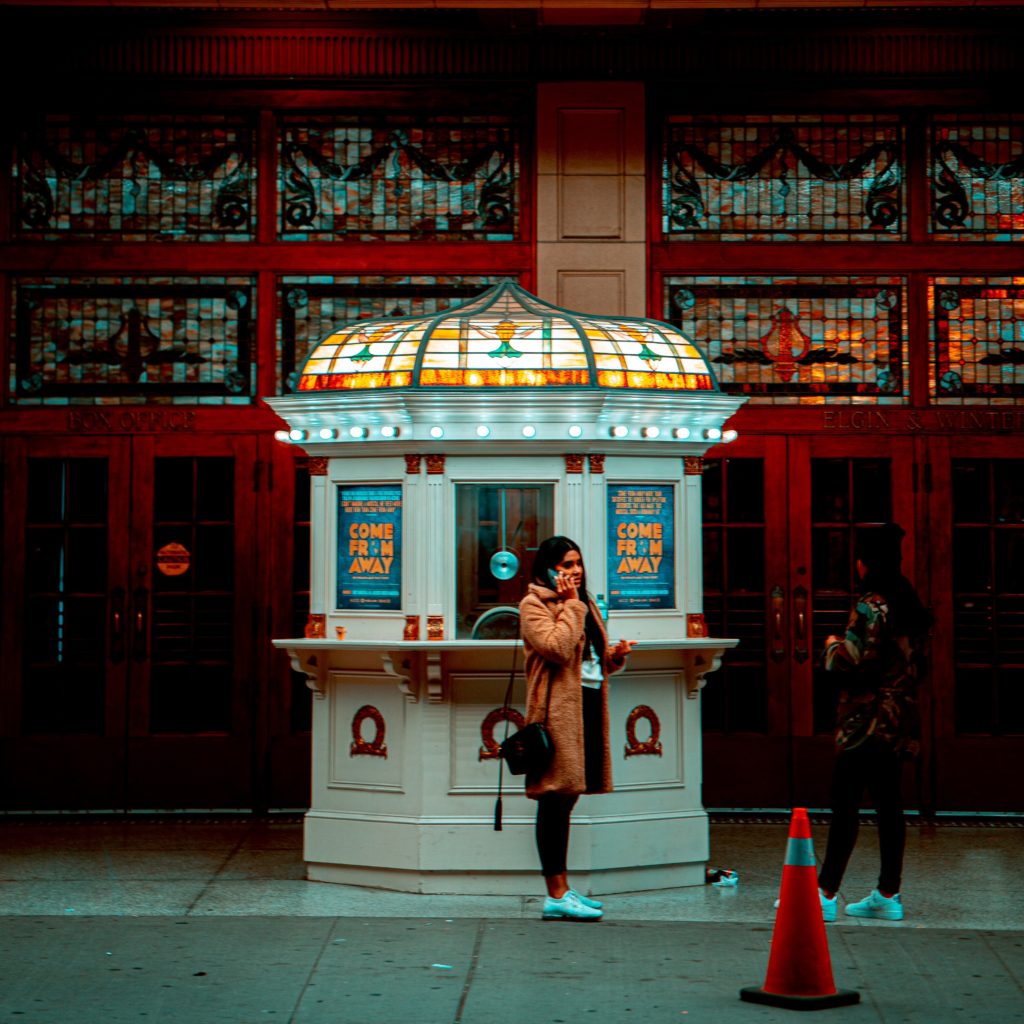
An Overview of Ticket Resale Then, Now, and Soon
Although many venues, artists, and primary ticket sellers have taken umbrage with secondary ticket sellers, ticket resale is here to stay. The multi-billion-dollar resale industry comprises a wide variety of competing entities that resell tickets first purchased elsewhere, often for much higher prices than the original cost. Although the industry sometimes gives concertgoers a second shot at getting into sold-out shows, some parties on secondary platforms sell fake tickets to unknowing fans, whose concert experience is ruined when they arrive at your venue’s door and can’t get in.
In recent years, though, artists, ticketing companies, and venues have innovated solutions to the challenges that the resale market presents. If your shows have long struggled with these obstacles, read on to find out how you can keep your showgoers, performers, and ticket distributors—not to mention yourself—happy.
How did the resale market develop?
Ticket resale can be traced back to the 19th century when the practice originated in railroad ticketing. The term “scalpers” originated to describe people who bought train tickets from railroad companies and sold them to travelers at a lower price. Of course, as any venue knows, that’s not how scalping works today.
In the modern era, a scalper looking to turn a personal profit might buy five tickets to your show at face value before the show sells out. Once it does sell out, the scalper might sell these tickets at a higher value to someone else. Your shows will see none of the increased profits, and your showgoer will be upset they had to pay more to get in (or, worse yet, be handed a fake ticket).
What does the resale market look like now?
With the rise of the Internet, secondary ticket sellers—the cornerstone of the resale market—have emerged in droves. The most prominent ticket resale company is StubHub, through which ordinary showgoers and professional entities alike can sell tickets for a profit. Although StubHub and similar websites such as Viagogo and Get Me can offer standard consumers a place to sell tickets for shows they can no longer attend, the problem instead lies with how professional scalpers take advantage of the resale market.
What are the current problems with the resale market?
The resale market offers the perfect destination for scalpers to offload tickets at inflated prices. Professional scalpers often use bots to buy large quantities of tickets from primary sellers (as in, directly from your venue) and resell them on StubHub for far more money. Venues, primary ticket sellers, and artists won’t see any of the profits from this sale, and showgoers will likely shell out far more money than they would have when buying from a primary ticket seller.
Despite the resale market’s basis in the online world, its reliance on paper tickets also presents a major problem. Paper tickets, unlike digital barcodes, aren’t necessarily unique to one consumer, so they can be replicated easily. This lack of security allows scalpers to use the same paper ticket in multiple sales or even generate fake paper tickets—and when your venue’s scanner can’t read the ticket, your staff often receives the showgoer’s rage despite the problem lying with the resale market.
How are these problems being tackled?
Artists, venues, primary ticket sellers, and new startups are collaborating on plenty of game-changing ways to battle the issues involved with ticket resale. Consider the case of Taylor Swift, who wanted to ensure top-notch fan experiences while dissuading scalpers after losing $150 million on her 2015 tour. Swift partnered with leading primary seller Ticketmaster to use the company’s Verified Fan platform, which uses fan data such as merchandise and ticket purchase history to predict whether ticket buyers will attend the show or resell the tickets. The platform automatically hiked prices for buyers not identified as fans, ensuring reasonable prices for many actual showgoers while discouraging potential scalpers from buying tickets.
Other new ticketing platforms have emerged to directly empower venues. Dice, a startup that launched in 2014, acts as a primary ticket seller for venues that allot a certain number of tickets to the company. These tickets, after purchase, are only available as a QR code in the initial purchaser’s Dice mobile app, which prevents users from taking screenshots. The company’s ticket sale setup allows venues to sell tickets directly to showgoers at prices that benefit the venue, the showgoer, and the platform while preventing resale.
Additionally, next year, a startup called YellowHeart will launch to give musicians and venues full power over how their tickets are sold. YellowHeart, which is a joint venture between pop act The Chainsmokers and two industry titans, will allow any “event initiator” to set price ceilings on ticket resales or entirely ban resale. In the event of resale, initiators can determine how to split the resale profit among the venue, artist, and even a charity or non-profit organization. The startup will use blockchain in all its transactions to establish a permanent digital link between all tickets sold and their purchasers.
YellowHeart, Dice, and even primary ticket sellers realize that supply and demand will always result in at least some semblance of a ticket resale market. As innovative solutions continue to emerge, though, your venue will reap the benefits of not just better profits, but happier showgoers.

Matt Ford is the founder and CEO of Prism.fm, an Austin-based software company revolutionizing live music event management. With a background in entrepreneurship and a degree from the University of Wisconsin-Madison School of Business, Ford combined his self-taught coding skills with firsthand experience as a concert promoter to address the inefficiencies he observed in the industry. In 2018, he launched Prism.fm, an all-in-one platform designed to streamline operations for venues, promoters, and agencies by replacing cumbersome spreadsheets with integrated tools for booking, financial tracking, and contract management. Under his leadership, Prism.fm has grown significantly, achieving $3 million in annual recurring revenue post-COVID and securing over $15 million in funding . Ford’s commitment to building user-centric solutions has positioned Prism.fm as a trusted partner for over 1,500 venues and promoters worldwide.



